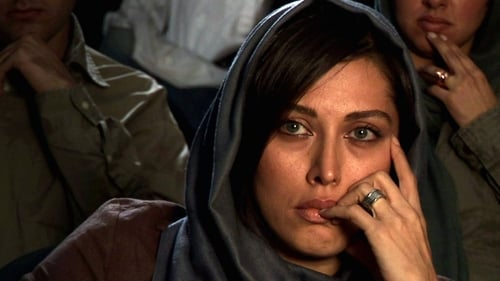
Colorist
Roya and Babak are a young couple who intend to emigrate from Iran. Roya's encounter with an anonymous girl is the beginning of strange events in their life.

Colorist
Akram and Azar two sister lie about the disappearance of their brother by telling everyone he has fled to Germany. In time this "lie" takes a life of its own and leads everyone to dark and mysterious places.

Colorist
What's your problem now ?! Do you mean it's not legal ?! Does this mean everything is always legal here ?! Are we all right ?! No one has done anything wrong so far ?!

Colorist
A girl Sahar who is from a poor family of Tehran's suburbs is not coming back home one night. The mother goes to the police and informs about that. In that same day a body of a girl who is very look like Sahar is find. The parents are summon to recognize their girl's body but it turns out that it belongs to another girl. Major Saeed intervenes in the case and is after answers.

Colorist
The story of a man who feels that he has not become anything in his life which is affecting all his life.

Editor
Кинорежиссер возвращается в свой родной город. Посещение старого квартала, где он жил когда-то, вызывает воспоминания детства. Он решает снять фильм об этих ностальгических моментах своей жизни.

Still Photographer
A hundred and fourteen famous Iranian theater and cinema actresses and a French star: mute spectators at a theatrical representation of Khosrow and Shirin, a Persian poem from the twelfth century, put on stage by Kiarostami. The development of the text -- long a favorite in Persia and the Middle East -- remains invisible to the viewer of the film, the whole story is told by the faces of the women watching the show.

First Assistant Camera
A hundred and fourteen famous Iranian theater and cinema actresses and a French star: mute spectators at a theatrical representation of Khosrow and Shirin, a Persian poem from the twelfth century, put on stage by Kiarostami. The development of the text -- long a favorite in Persia and the Middle East -- remains invisible to the viewer of the film, the whole story is told by the faces of the women watching the show.







